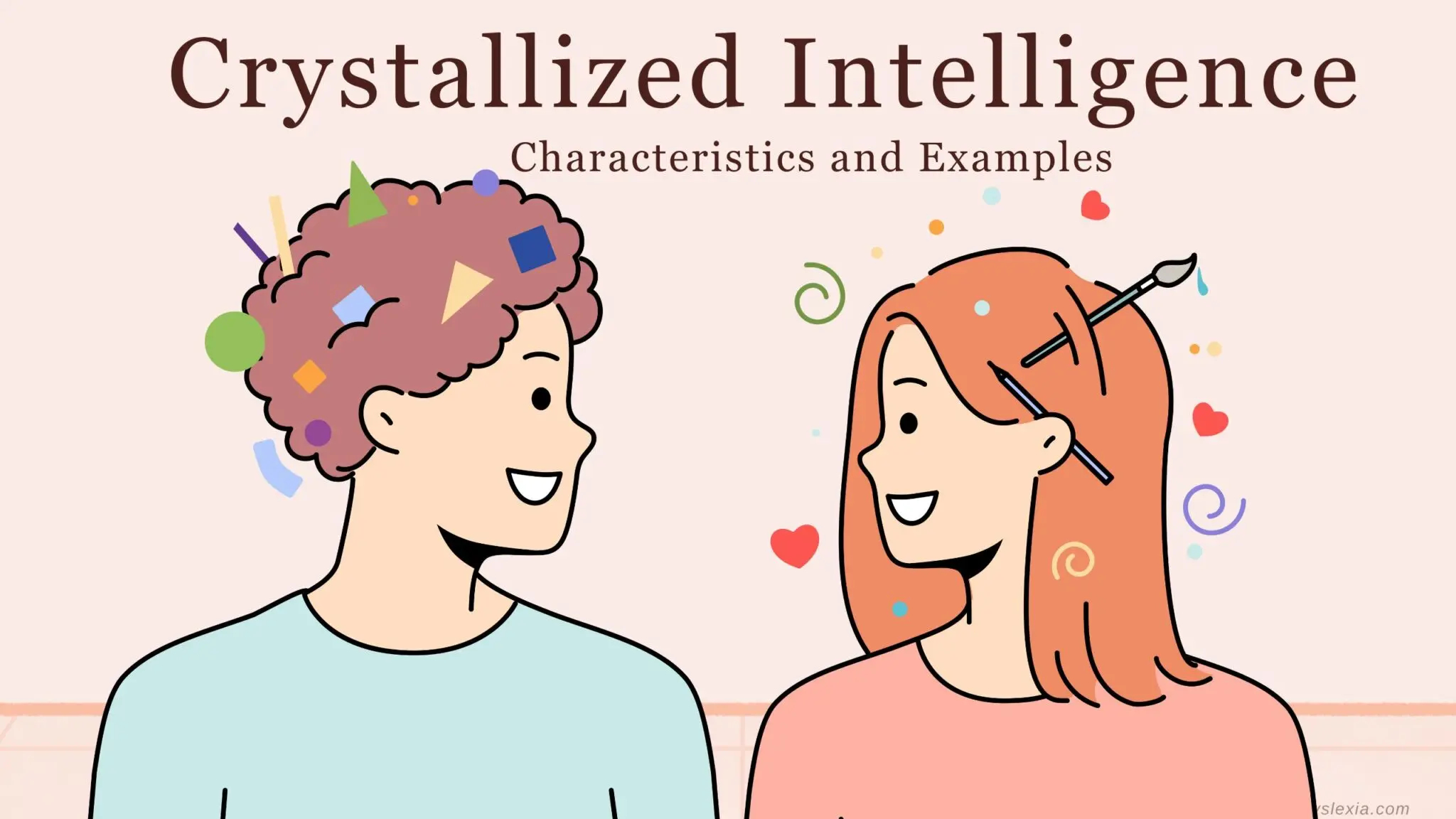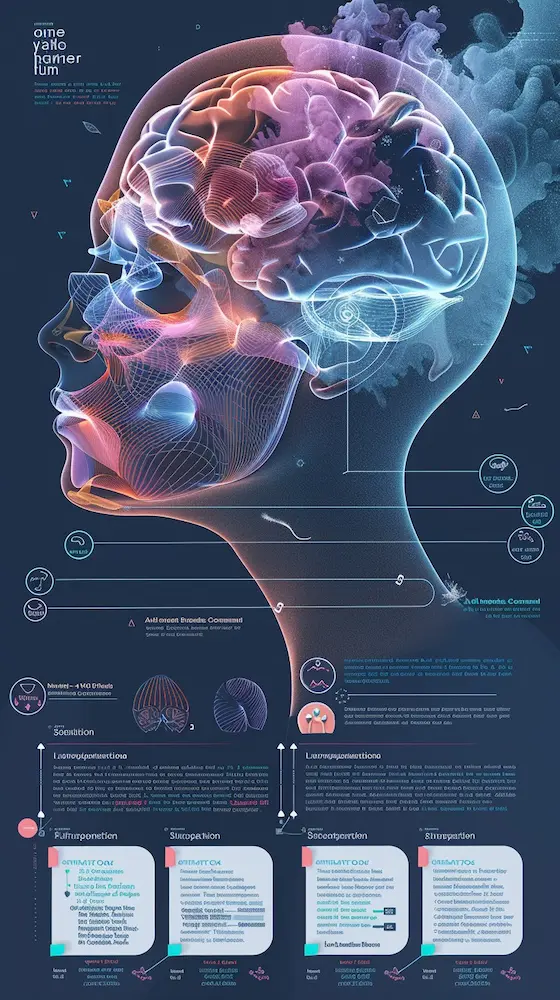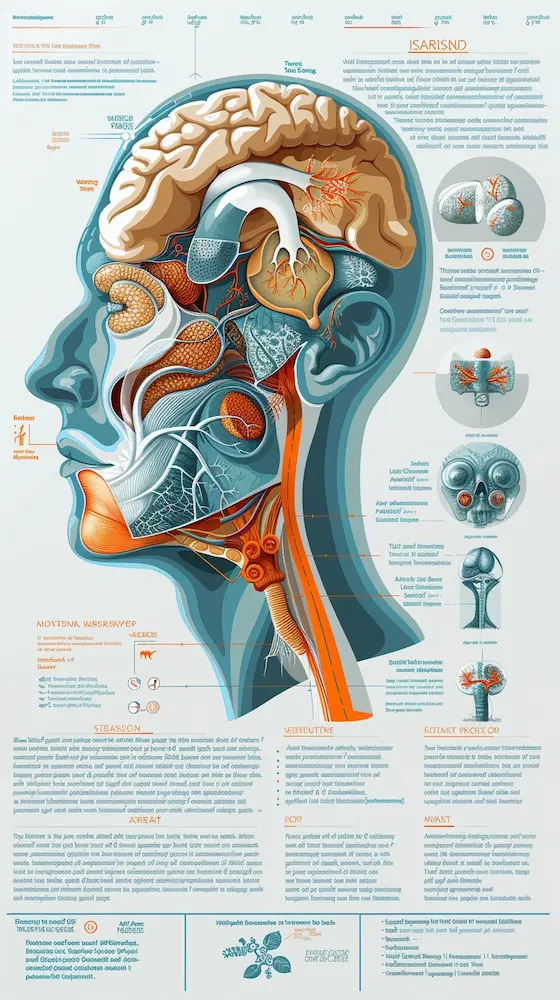Introduction
Crystallized intelligence is a crucial component of human cognition, representing the accumulated knowledge and skills we acquire throughout our lives.
This type of intelligence is distinct from fluid intelligence, which refers to our ability to solve new problems and think critically in novel situations.
In this article, we will explore the concept of crystallized intelligence, its significance, how it develops over time, and its practical applications in everyday life.
Stay sharp and foster your brain development with our Trivia game generator or Fun Facts game for you mental exercises and mental sharpness!
What is Crystallized Intelligence?
Crystallized intelligence refers to the ability to use learned knowledge and experience. It encompasses facts, concepts, and skills acquired through education and personal experiences.
This type of intelligence is often associated with long-term memory and is typically measured through standardized tests that assess knowledge in specific areas, such as vocabulary, mathematics, and general knowledge.
Key Characteristics of Crystallized Intelligence
- Accumulated Knowledge: Crystallized intelligence is built over time through learning and experience, making it a reflection of an individual’s educational background and life experiences.
- Stability Over Time: Unlike fluid intelligence, which tends to peak in adolescence and decline with age, crystallized intelligence can continue to grow throughout a person’s life as they accumulate more knowledge and skills.
- Practical Application: Crystallized intelligence is often used in familiar situations where prior knowledge can be applied, such as solving math problems, recalling historical facts, or navigating social interactions.
The Development of Crystallized Intelligence
Early Childhood

Crystallized intelligence begins to develop in early childhood as children learn basic concepts, language, and social skills. During this stage, children absorb information from their environment, which lays the foundation for future knowledge.
Adolescence
As children transition into adolescence, crystallized intelligence continues to grow rapidly.
Formal education plays a significant role during this period, as students learn more complex subjects, such as mathematics, science, and literature.
This accumulation of knowledge enhances their ability to recall information and apply it in various contexts.
Adulthood
In adulthood, crystallized intelligence tends to stabilize or continue to increase as individuals gain more life experiences, pursue further education, and engage in professional development.
Adults often rely on their crystallized intelligence to navigate complex situations, solve problems, and make informed decisions.
Examples of Crystallized Intelligence
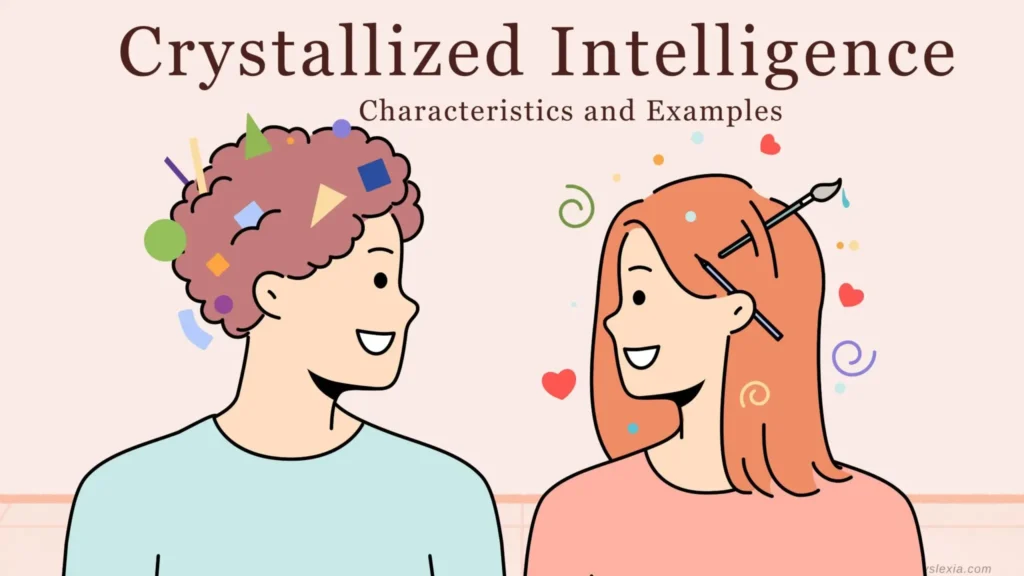
- Academic Knowledge: Knowledge gained through formal education, such as understanding mathematical formulas, historical events, or scientific principles.
- Language Proficiency: The ability to use vocabulary and grammar correctly in conversation or writing, which is a reflection of accumulated language skills.
- Cultural Knowledge: Familiarity with cultural norms, traditions, and practices that inform social interactions and decision-making.
- Professional Expertise: Skills and knowledge acquired through years of experience in a specific field, such as medicine, law, or engineering.
Crystallized Intelligence vs. Fluid Intelligence
While crystallized intelligence focuses on the knowledge we acquire, fluid intelligence refers to our ability to think critically and solve new problems.
Understanding the differences between these two types of intelligence is essential for recognizing how they complement each other in everyday life.
Key Differences
| Crystallized Intelligence | Fluid Intelligence |
|---|---|
| Based on learned knowledge and experience | Involves reasoning and problem-solving in new situations |
| Increases with age and experience | Peaks in adolescence and may decline with age |
| Utilizes long-term memory | Relies on short-term memory and cognitive flexibility |
How They Work Together
Crystallized and fluid intelligence often work in tandem when solving problems.
For example, when faced with a complex math problem, an individual may use their crystallized knowledge of mathematical principles while employing fluid intelligence to devise a strategy for solving the problem.
The Importance of Crystallized Intelligence

Academic Success
Crystallized intelligence plays a significant role in academic achievement.
Students with high levels of crystallized intelligence tend to perform better on tests and in school because they can recall and apply previously learned information effectively.
Professional Competence
In the workplace, crystallized intelligence is essential for job performance. Professionals rely on their accumulated knowledge and experience to make informed decisions, solve problems, and navigate complex situations.
Everyday Decision-Making

Crystallized intelligence influences our daily lives and decision-making processes. From recalling how to cook a favorite recipe to navigating familiar routes, our accumulated knowledge shapes our interactions with the world.
Enhancing Crystallized Intelligence
While crystallized intelligence naturally develops over time, there are several strategies individuals can employ to enhance their knowledge and skills:
1. Lifelong Learning
Engaging in continuous education, whether through formal classes, online courses, or self-directed study, can help individuals expand their knowledge base and improve their crystallized intelligence.
2. Reading Widely
Reading books, articles, and other materials on various topics can enhance vocabulary, comprehension, and general knowledge, contributing to the growth of crystallized intelligence.
3. Practicing Skills
Regularly practicing skills related to a specific area of knowledge, such as playing a musical instrument or engaging in a hobby, can reinforce crystallized intelligence and improve proficiency.
4. Engaging in Discussions
Participating in discussions and debates can help reinforce knowledge and provide opportunities to apply crystallized intelligence in real-life situations.
Brain Games and Cognitive Training
Engaging in brain games and cognitive training exercises can significantly enhance crystallized intelligence. These activities challenge the brain to process information in new ways, promoting the formation of new neural pathways.
Types of Brain Games
Checkout our list of brain games in our store page.
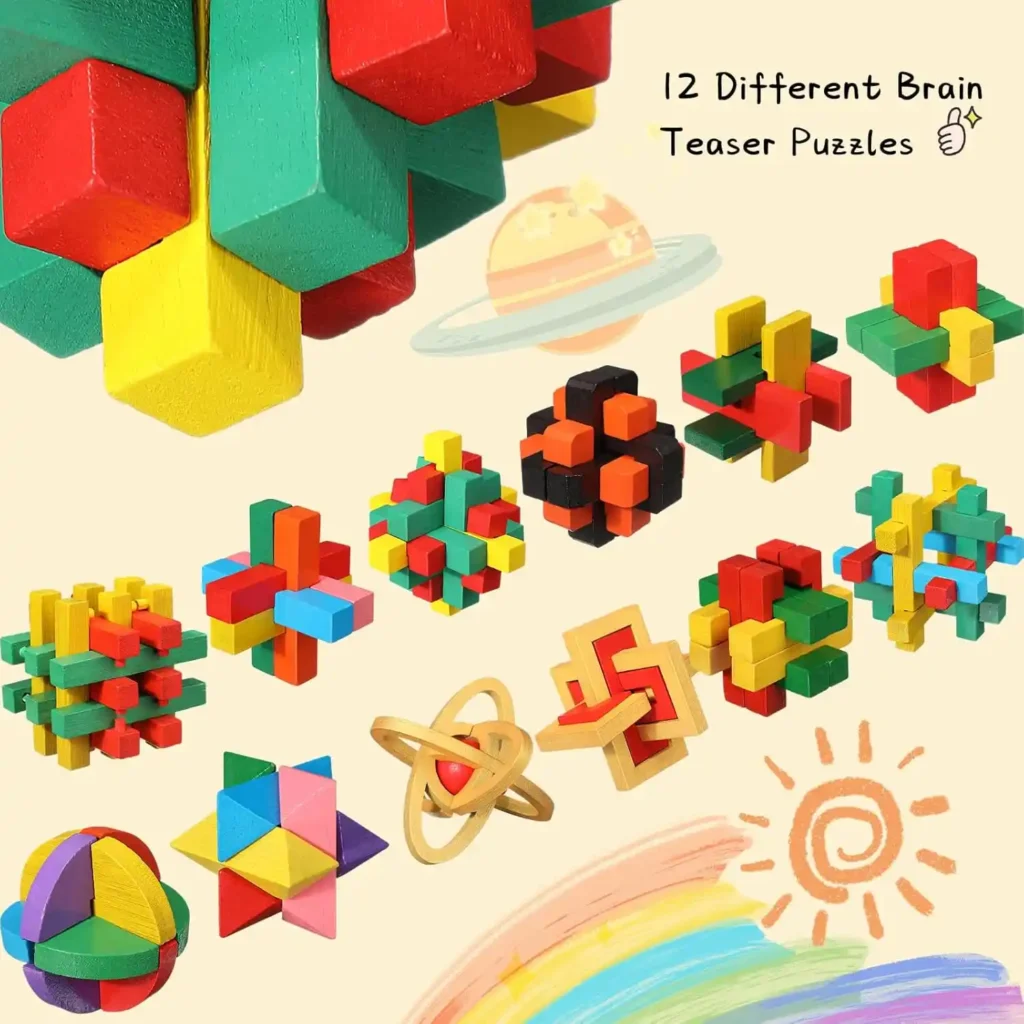


- Memory Games: Improve short-term and long-term memory.
- Logic Puzzles: Enhance problem-solving and critical thinking skills.
- Spatial Reasoning Games: Develop spatial awareness and visual-motor coordination.
- Language Learning: Stimulate the brain’s language centers and improve cognitive flexibility.
Benefits of Brain Games
- Boosts Cognitive Function: Regular brain games can improve memory, attention, and processing speed.
- Enhances Problem-Solving Skills: Solving puzzles and challenges helps develop critical thinking abilities.
- Promotes Neuroplasticity: Brain games stimulate the brain, encouraging the formation of new neural connections.
Emotional Intelligence and Its Impact on Crystallized Intelligence
Emotional intelligence (EQ) is the ability to recognize, understand, and manage emotions effectively. Improving EQ can have a significant impact on overall well-being and interpersonal relationships, which in turn can enhance crystallized intelligence.
Components of Emotional Intelligence
- Self-Awareness: Recognizing one’s own emotions and their impact on behavior.
- Self-Regulation: Managing disruptive emotions and impulses.
- Motivation: Striving to achieve goals and overcome obstacles.
- Empathy: Understanding the emotions of others and responding with compassion.
- Social Skills: Building positive relationships and communicating effectively.
Strategies for Improving Emotional Intelligence

- Practice Mindfulness: Cultivate self-awareness and emotional regulation through meditation and mindfulness practices.
- Engage in Active Listening: Improve communication skills and develop empathy by actively listening to others.
- Seek Feedback: Ask for honest feedback from trusted friends or colleagues to gain insights into your emotional strengths and weaknesses.
- Manage Stress: Use stress management techniques, such as deep breathing or exercise, to maintain emotional balance.
The Role of Physical Exercise in Enhancing Intelligence
Physical exercise is crucial for brain health and can positively impact both crystallized and fluid intelligence. Regular physical activity has been shown to improve cognitive function, reduce stress, and enhance overall well-being.
Types of Exercise for Brain Health
- Aerobic Exercise: Improves cardiovascular health and increases blood flow to the brain.
- Strength Training: Builds muscle strength and promotes the release of growth factors that support brain health.
- Mind-Body Exercises: Combine physical movement with mindfulness, such as yoga or tai chi, to reduce stress and improve focus.
Benefits of Physical Exercise

- Boosts Cognitive Function: Regular exercise has been linked to improved memory, attention, and processing speed.
- Reduces Stress and Anxiety: Physical activity releases endorphins, which can improve mood and reduce stress levels.
- Enhances Neuroplasticity: Exercise increases the production of brain-derived neurotrophic factor (BDNF), which supports the growth and survival of neurons.
Sleep and Its Impact on Intelligence
Sleep is vital for brain health and the enhancement of crystallized intelligence. During sleep, the brain processes information and consolidates memories. Lack of sleep can hinder cognitive function and impair the brain’s ability to adapt and learn.
The Importance of Sleep for Brain Health
- Memory Consolidation: Sleep helps solidify memories and facilitates the transfer of information from short-term to long-term memory.
- Brain Detoxification: During sleep, the brain removes waste products that accumulate during waking hours.
- Neuroplasticity: Sleep supports the formation of new neural connections and the strengthening of existing ones.
Tips for Improving Sleep Quality
- Maintain a Consistent Sleep Schedule: Go to bed and wake up at the same time each day, even on weekends.
- Create a Relaxing Bedtime Routine: Engage in calming activities, such as reading or taking a warm bath, to signal to your brain that it’s time to sleep.
- Limit Exposure to Screens Before Bed: The blue light emitted by electronic devices can disrupt the body’s natural sleep-wake cycle.
Conclusion
Crystallized intelligence is a vital aspect of human cognition, representing the accumulated knowledge and skills we acquire throughout our lives. Understanding this type of intelligence helps us appreciate the importance of learning, experience, and memory in our daily lives.
By actively engaging in lifelong learning, practicing skills, participating in brain games, and improving emotional intelligence, we can enhance our crystallized intelligence and improve our ability to navigate the complexities of the world around us.
References
- Cattell, R. B. (1963). Intelligence: Its Structure, Growth, and Action. New York: Harcourt, Brace & World.
- BetterHelp. (2024). What Is The Importance Of Crystallized Intelligence? Retrieved from https://www.betterhelp.com/advice/general/what-is-crystallized-intelligence-and-why-does-it-matter/
- Study.com. (n.d.). Fluid and Crystallized Intelligence | Definition & Examples. Retrieved from https://study.com/academy/lesson/two-types-of-intelligence-fluid-and-crystallized-intelligence.html
- Psych Central. (n.d.). How We Use Fluid vs. Crystallized Intelligence. Retrieved from https://psychcentral.com/health/fluid-vs-crystallized-intelligence
- Wikipedia. (n.d.). Fluid and Crystallized Intelligence. Retrieved from https://en.wikipedia.org/wiki/Fluid_and_crystallized_intelligence
